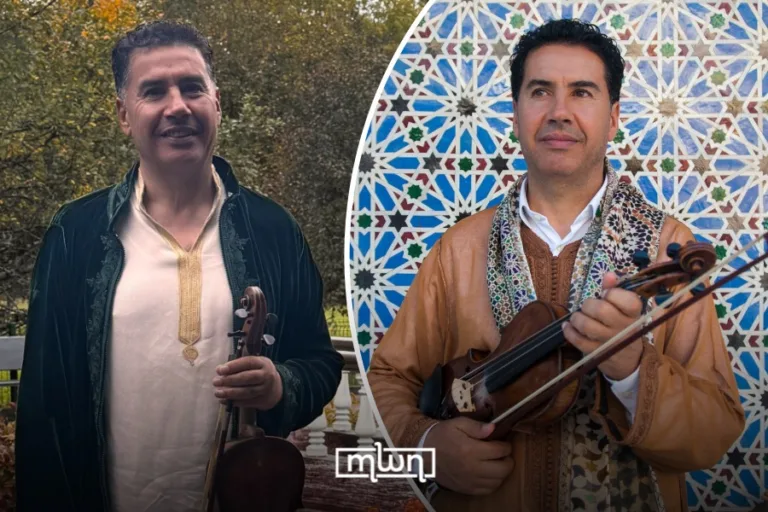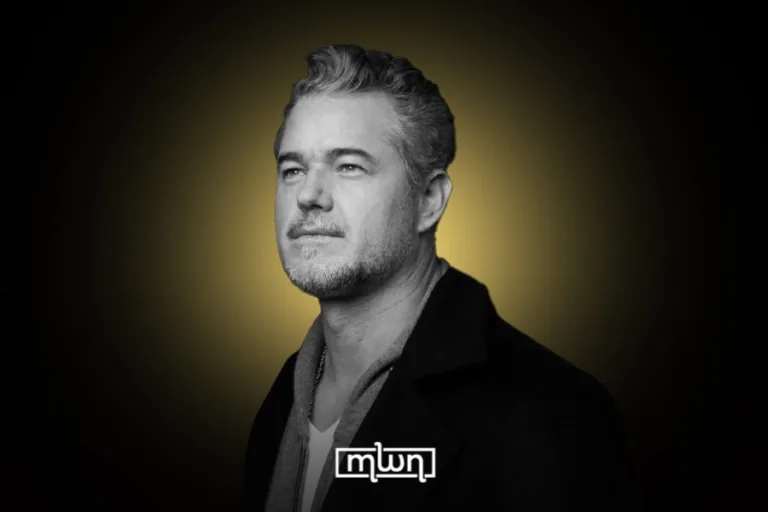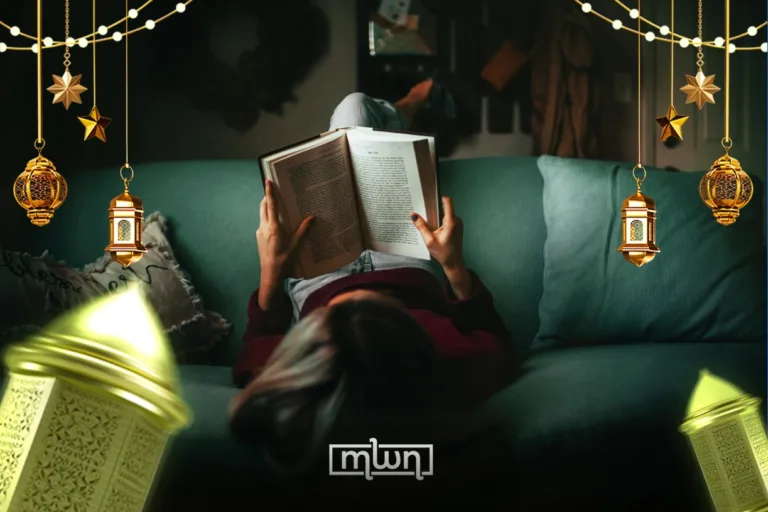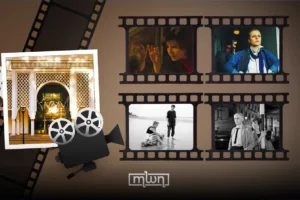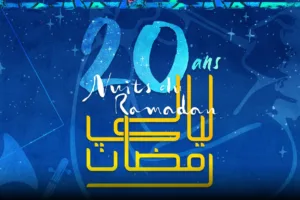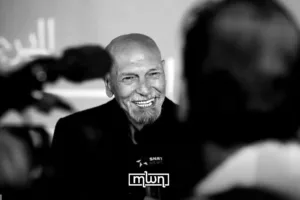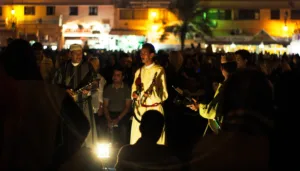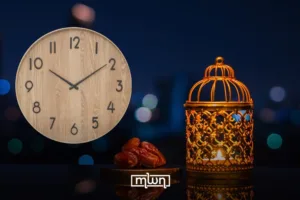Rabat – Ramadan is a holy month for all Muslims around the world. Preparing for this blessed month has a charm of its own. Since Ramadan is a month when Muslims devote most of their time to worship, before it begins, Moroccan women prepare during the month of Shaban to balance between Ramadan activities and their responsibilities as mothers, homemakers, and doing other work.
1 Voluntary fast days
Sha’ban, the last lunar month before Ramadan, is an opportunity for Muslims to maximize good deeds and get closer to Allah.
Activities recommended during this period include committing to a Quran reading schedule, giving up bad habits, helping the poor, and spending time with family members who have not been visited in a while.
During Sha’ban, Muslims also commit to a schedule for praying Tahajjud, a night prayer voluntarily performed by Muslims.
In Islam, women do not fast or pray during their menstrual period. For this reason, most women fast some days during Sha’ban to make up for the days they did not fast during the previous Ramadan.
2 Shopping
With Ramadan approaching, Moroccan women fill the markets to shop for special grocery items to make traditional Ramadan dishes, as well as to stock up and prepare items ahead of time.
Most families’ shopping list includes essential items, such as oil, sugar, tea, coffee, dates, spices, meat, vegetables, fruits, honey, jam, cheese, chickpeas, lentils, and other items for regional-based dishes.
It also includes ingredients to make traditional foods served during Ramdan like sellou, zemita, briwat, and others.
3 Stocking up on groceries
Another trick to save time during Ramadan is to meal prep by freezing batches of ingredients.
Moroccan women freeze soaked and peeled chickpeas and beans in Ziplock bags. Pureed tomatoes and washed and minced herbs are sometimes frozen in ice cube trays to easily add the perfect amount to harira and other soups.
Some women even cook msemen, betbout, briwat, pizza bread, and other pastries to stock up their freezers.
This technique helps women save time during Ramadan for praying, reading Quran, and Tarawih prayer, which some attend the mosque to pray in the congregation.
4 Deep cleaning
Islam places great emphasis on the importance of cleanliness. For this reason, Muslims make sure to keep their bodies, clothes, and domestic spaces clean.
This is especially so during the month of Ramadan, as families spend a significant amount of time being spiritual.
Moroccan mothers make sure to deep clean and organize their house, especially the kitchen area, to welcome Ramadan with a clean, welcoming home.
This trick helps women save time during Ramadan to worship and partake in other Ramadan activities, in addition to their already existing responsibilities like work or taking care of their children.
5 Preparing traditional Moroccan food for Ramadan
Sfouf, also called sellou or zmita, is a Moroccan traditional dessert treat. It is served on special occasions like weddings and newborn welcoming ceremonies, but it is particularly consumed during Ramadan for iftar (the evening meal to break the fast).
It is a nut-based, nutritious, and energy-boosting dessert that is prepared weeks before Ramadan.
Recipes for sfouf differ across the regions of Morocco. Each Moroccan woman has her own distinct version and adaptation for sfouf, but it is generally made from a base of almonds, peanuts, and sesame combined with roasted flour, honey, butter, and spices.
Chebakia is another must-have dish in Ramadan. It is a honey-coated sweet pastry made of sesame seeds, cinnamon, butter, blossom water, honey, and vinegar.
Briwats (or briouats) are deep-fried, triangle-shaped sweets made of phyllo pastry stuffed with nut paste. The paste is made of almonds or peanuts flavored with cinnamon and orange-flavored water. After deep frying them, briouats are coated in honey and sesame seeds.
6 Celebrating Sha’bana
Sha’bana is a traditional ceremony that Moroccan women celebrate, especially in the old medinas, during the month of Sha’ban. It is considered one of the most important cultural and religious celebrations in Morocco.
Women gather for the Sha’bana ceremony wearing their best traditional clothes and jewelry. They sing traditional songs, dance, eat traditional dishes, and adorn their hands and feet with green henna.
The ceremony also includes special religious chants like “Amdah.”
It can seem like a lot of work to undertake, but organizing and spreading out all these tasks the way Moroccan women do is a proven method to create some ease in the busy month of Ramadan.



